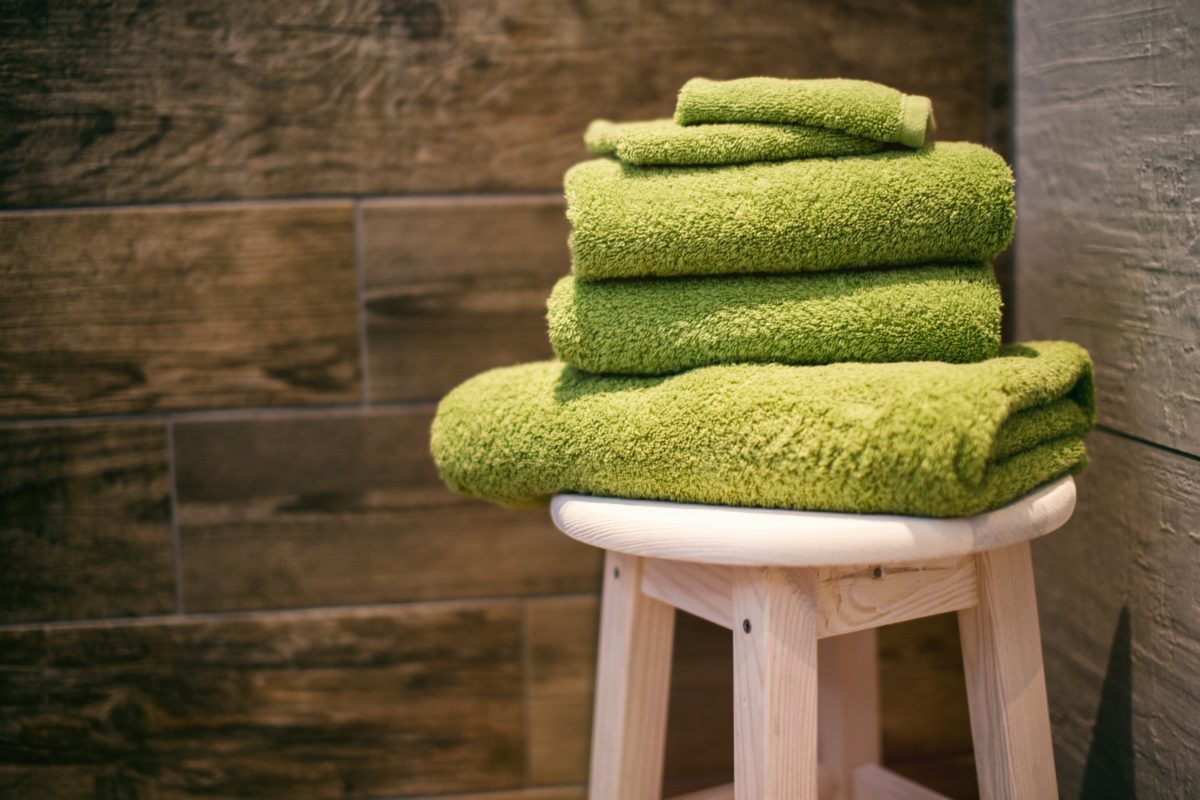When kids go back to school in the fall, the abundance of germs comes back, too. All it takes is one cough or sneeze in the classroom for the whole class to catch a cold! Besides sitting next to a sick classmate or touching a textbook that might be covered in germs, fall is also the time when the seasons begin to change. This makes kids much more susceptible to germs, and much more likely to bring them home from school.
Pediatricians, psychologists, and nutritionists recognize the critical role of children’s vitamins and minerals in your child’s overall development.
Germs in school are near impossible to avoid, but there are definitely plenty of precautions you can take to stop them from spreading. Hand Washing is crucial in preventing the spread of germs, but with young kids, it’s easy to forget. Supply your child with hand sanitizer and remind them to use it frequently along with regular hand-washing. Remind them not to share items with sick classmates and to always cover their mouths when they cough or sneeze.
Four Common “Back-to-School” Health Problems to Watch Out For
Colds. There’s no such thing as “cold season”. Colds can strike at any time of the year, and they can be caused by more than 20 different viruses. Symptoms include congestion, a runny nose, headache, cough, sore throat, and tiredness. Typically, a cold-ridden kid is contagious for two to three days. The best medicine? Lots of fluids and plenty of rest.
Hand, foot, and mouth disease. The viral infection causes mouth ulcers and tiny blisters on the hands and feet. Although it is contagious, it’s usually not serious. There is no set treatment, but good hygiene, like proper handwashing, can keep the infection away from your child. It can be a difficult and painful virus to get through, especially if it is caught by a baby, as they can’t express what’s wrong.
Immune system vitamins are important to support the body’s ability to fight off viruses that may enter your system and make you sick.
Respiratory viruses. Respiratory syncytial virus, or RSV, which sends at least 2 million kids under age 5 to the doctor or hospital each year. RSV is known to be quite contagious, and symptoms include shortness of breath, a “seal bark” cough, fever, stuffy nose, and wheezing. If your child shows these symptoms, see the doctor right away.
Strep throat. Strep throat brings on a high fever, stomach pain, and red, swollen tonsils. Since strep-causing bacteria migrate to the nose and throat, sneezing, coughing, and shaking hands can easily spread it from person to person. Strep requires antibiotic treatment, but kids typically recover within a few days.
To keep your little ones safe this fall, make sure they’re fully equipped with hand sanitizer, tissues, and healthy snacks. A few simple precautions can keep their immune systems up and their hands as germ-free as possible!
Source: http://healthyliving.msn.com/pregnancy-parenting/kids-health/back-to-school-germs-to-avoid
What are some methods you use to keep your family germ-free? Leave us a comment to join the conversation!






